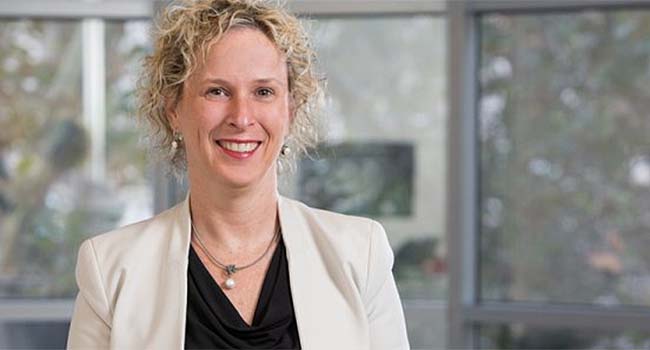Call to arms for women post COVID: the opportunity
For women in particular, but also for men, what sticks from the COVID-19 crisis, what are the potential silver linings to come out of the dark cloud, represent a chance to “bounce forward” rather than “bounce back” once it’s all over, according Margo Lydon.
She was the presenter at last week’s (June 26) Women in Super (WIS) series called ‘State of Play’, a webinar moderated by Sandra Buckley, the WIS chief executive. It was a rousing call to arms for women to capitalise on their strengths, given the latest in a series of crises. Margo is the long-standing chief executive of SuperFriend, the industry fund-owned and group life insurance company-backed mental health awareness organisation. SuperFriend has in recent years gone further on its remit to also commission research and negotiate workplace standards on mental health issues.
By ‘bounce forward’, she said she meant what could be salvaged from the pandemic. “It’s what’s in the silver linings. It’s looking at it from an individual’s, a team’s and an organisational perspective. What do we want to build on going forward?… It’s kind-of like leading with the head as well as the heart.”
The serious recession most of the world is now definitely facing, if not already in, has allowed people to sit back and reflect on how they go forward with their lives. The recession, with respect to women in the workplace, has been called “a pink recession”. Men may complain about being at home all day with the kids, but, usually, it’s women who are doing the heavy lifting in such scenarios.
Margo said that Australia (and New Zealand) had been among the leaders in the world for recognising mental health issues flowing from COVID-19. This had led to new learnings and the recognition of massive challenges. “There’s a grassroots movement happening,” she said. “There’s ‘me-too’ (sexual harassment), there’s marriage equality, climate change issues and ‘black lives matter’. This is the biggest psychological experiment in society, which others, as well as myself, believe. All of us are experiencing different work/life balances.”
In terms of mental issues, one important consideration is loneliness. One in four Australian households are lone-person households. And 55 per cent of those are females. “So, think about the impact of that,” she said. “There are two types of loneliness: there’s the physical state of being alone and there is the mental state where you actually feel lonely, which is more devastating. As we have heard, there is greater alcohol consumption and financial hardship. All-in-all, we are dealing with health anxiety issues.”
On a more positive note, getting back to the central theme of her presentation, she said: “Women have some incredible strengths. We are better at bringing people together (than men), we are better at reaching out to others, we are better collaborators. We now have a great opportunity to tap into those strengths… We should ask how we can support others and make sure we are connected with our colleagues… We have seen, for the first time, that there is genuine support for flexible work arrangements and productivity doesn’t drop off. This is leading us to more innovative problem solving. We will see a continual pivot. We’re thinking about different behaviours and more diversity. As women, we can shine at a time like this… With super, we have a real opportunity for female leaders to come to the fore.”
SuperFriend does an annual survey of fund members – working Australians – which is the biggest and longest running such survey. It consistently indicates that people want to work for bosses who care about them but who also care about society.
– G.B.










